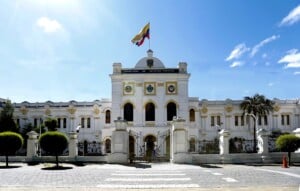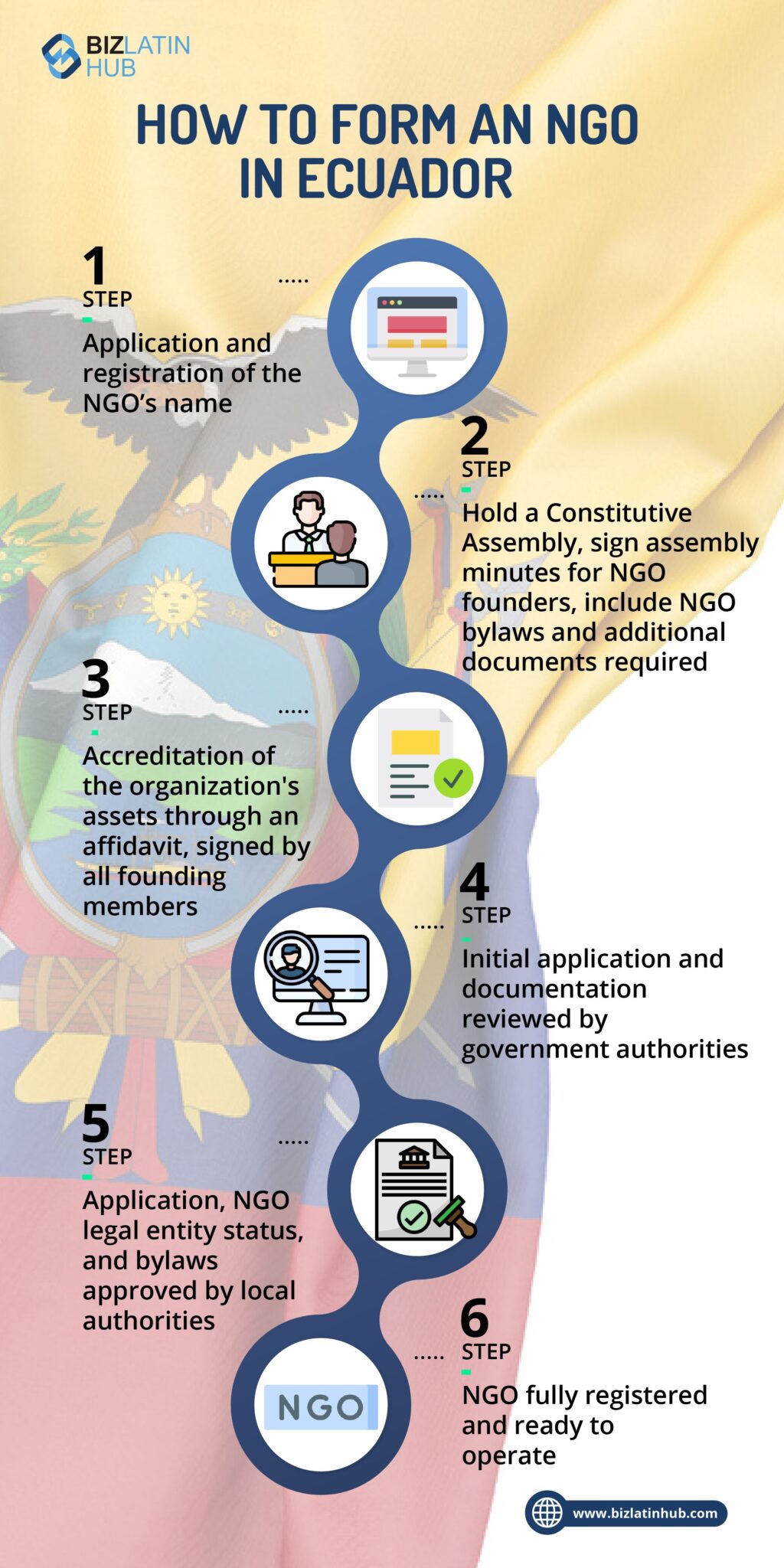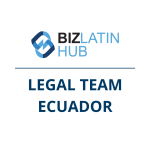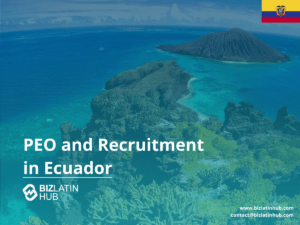Find out how to form an NGO in Ecuador, and the compliance requirements to maintain this legal entity in the country.
Ecuador is a beautiful country whose citizens are filled with a strong social conscience, allowing communities to dedicate themselves to social causes ranging from environmental conservation to socioeconomic improvement. For this reason, there is a legal structure used by people and organizations who want to come together and work for the betterment of the nation: Non-Government Organizations (NGOs).
From poverty eradication, educational initiatives, environmental conservation in Galapagos, through to deforestation, NGOs have combined efforts to make Ecuador a better place. The process to create an NGO in Ecuador is different from the regular company formation process. If you are considering helping Ecuador and the world by creating an NGO, keep reading discover the next steps.
Definition of an NGO in Ecuador

NGOs are legal entities created to carry out non-profit activities. This kind of legal entity is incorporated by founders, who later become members instead of shareholders. NGOs are often a viable method to support and build on governmental plans relating to areas such as sustainable development, recycling or the protection of indigenous culture. NGO’s assist in areas where other organizations or governments lack action or results.
Although NGOs can be funded by the government, most of them are funded by private companies. individuals, donors, and/or volunteers.
Requirements to form an NGO in Ecuador
There are a series of documents you will need to obtain in order to start with the process of incorporating an NGO. See below this list, along with some additional requirements:
1. Name reservation
All NGOs in Ecuador must officially reserve and register a name, which must be unique and clearly distinguishable from other NGOs and corporations in the country.
2. Constitutional Assembly of Founders
The NGO founders need to celebrate a Constitutive Assembly, where certain and specific information must be identified, including:
- Information of the founders, including name, identification numbers, nationality, and registered address.
- It must be stated that the founders act on their own will.
- Official statement of the objective and purpose of the organization.
- Name of the provisional board of directors.
- Name, identification number and notification place of the person responsible for the legalization of the organization.
- The exact address of the place the organization will operate.
- The NGO bylaws.
The founding members of the NGO must sign the assembly´s minutes and all of the above information must be included.
3. Bylaws
The NGO bylaws must be included in the Assembly’s minute, they must determine, among other information:
- The name and address of the NGO.
- The territory of action of the NGO.
- The official objectives of the NGO, detailing volunteer programs.
- The organizational structure with mention of responsibilities and attributions of the administrative organs.
- Proceedings to appoint the board of directors.
- Proceedings to include and exclude members.
4. Accreditation of estate
The organization´s assets must be accredited by means of an affidavit, signed by all of the founding members.
NGO formation process

To start the incorporation process, the founding members will need to appear before various public institutions and present the organization’s documents previously stated. A public officer will then issue a statement verifying the initial application of the NGO.
The application is then presented to another public officer who is responsible for going through the application´s supporting documents. This involves checking that the documents are complete, not against local law, amongst other factors. Once verified, the officer will issue a statement to the competent authorities, which will also be notified to the NGO.
The statement can result in one of the following situations:
- If the statement says there is missing documentation and/or information, the authorities will inform the organization to complete the requirements in a period of up to 20 days. After the presentation of the new documentation and information, the public officer will have a period of 15 days to go through the new application and issue a new statement to the authorities.
- If all documentation is complete and filled correctly, the authorities will approve the application.
Once the application has been approved, the authorities will grant the NGO legal entity status and approve the bylaws.
The overall process to form an NGO in Ecuador can take between 6-12 months.
Compliance Officer for the NGO
Ecuador has very strong and stringent regulation in order to avoid money laundering. NGO activities and donations are regulated by the Financial and Economic Analysis Unit (UAFE).
BE AWARE: NGOs must report monthly, operations that exceed USD$10,000, including any unusual and unjustified financial activities.
All NGOs must develop and present a compliance manual which must include measures to avoid all forms of money laundering by establishing a risk matrix, among other requisites.
Other requirements to maintain your NGO
To maintain your NGO in Ecuador, you must present information to the country’s regulatory entities, which include:
- Ministry of Foreign Affairs and Human Mobility: This entity may ask for information in accordance with the Basic Cooperation Agreement. NGOs must update their accreditation of this Agreement every 4 years.
- Financial and Economic Analysis Entity (UAFE): Information regarding compliance reports in accordance with anti-money laundering regulations. This includes any monetary transactions exceeding US$10,000 and the appointment of a principal and alternate Compliance Officer.
- Internal Revenue Service (SRI): Maintain and report monthly accounting, and also filing VAT and income taxes monthly in addition to an annual income tax declaration. Further specific obligations may apply depending on the activity of each NGO.
Why should you form an NGO in Ecuador?
NGOs are a great way to support a cause that you feel strongly about, and it allows you to involve and gain the support of individuals and groups in your community. It provides an exceptional platform to help and achieve your social goals while maintaining a level of independence between your personal assets. Additionally, NGOs often enjoy tax exemptions depending on specific activities, providing yet another incentive to establish this type of organization.
Form your NGO in Ecuador with the help of trusted legal specialists
If you want to start an NGO in Ecuador, it is advisable to work with a local partner to get the ball rolling. Biz Latin Hub can provide you with a team of local experts who can support NGO and other company formation in addition to the provision of tailored services to enable your daily operations.
Contact our local team of experts to see how we can help you achieve your social objectives.
Learn more about our team and expert authors.






